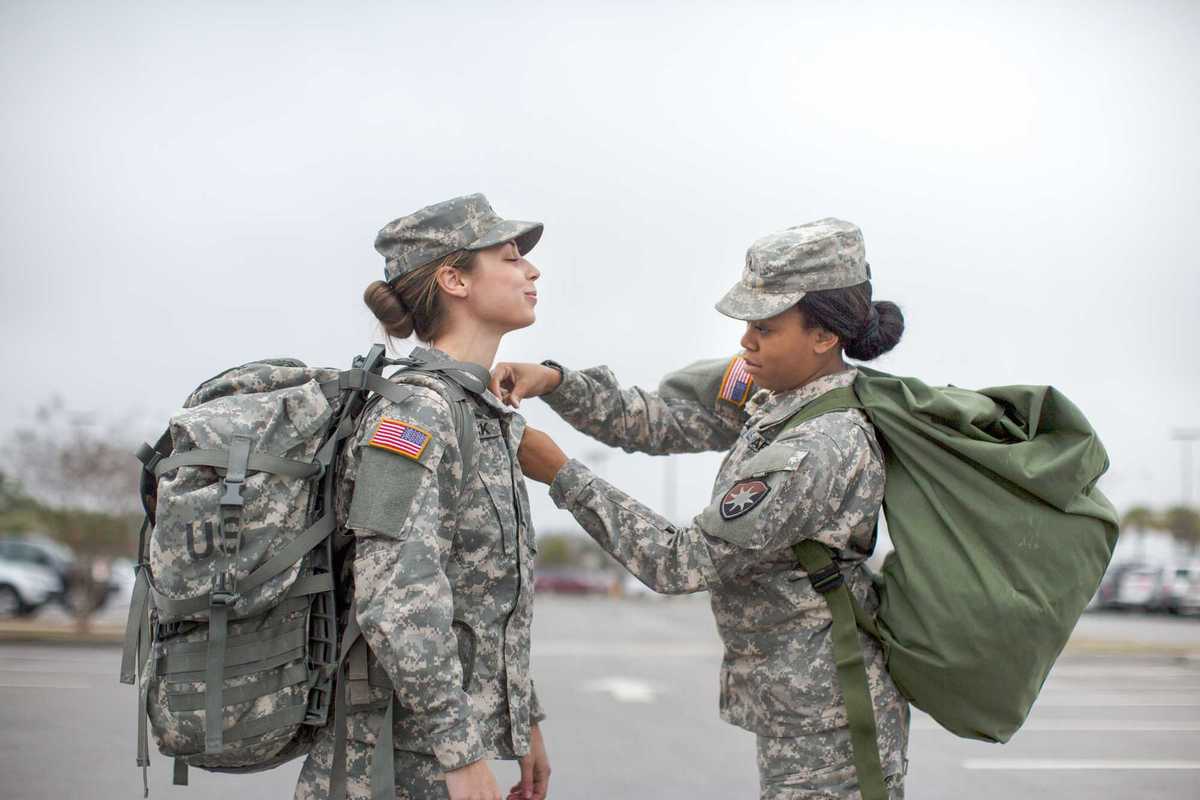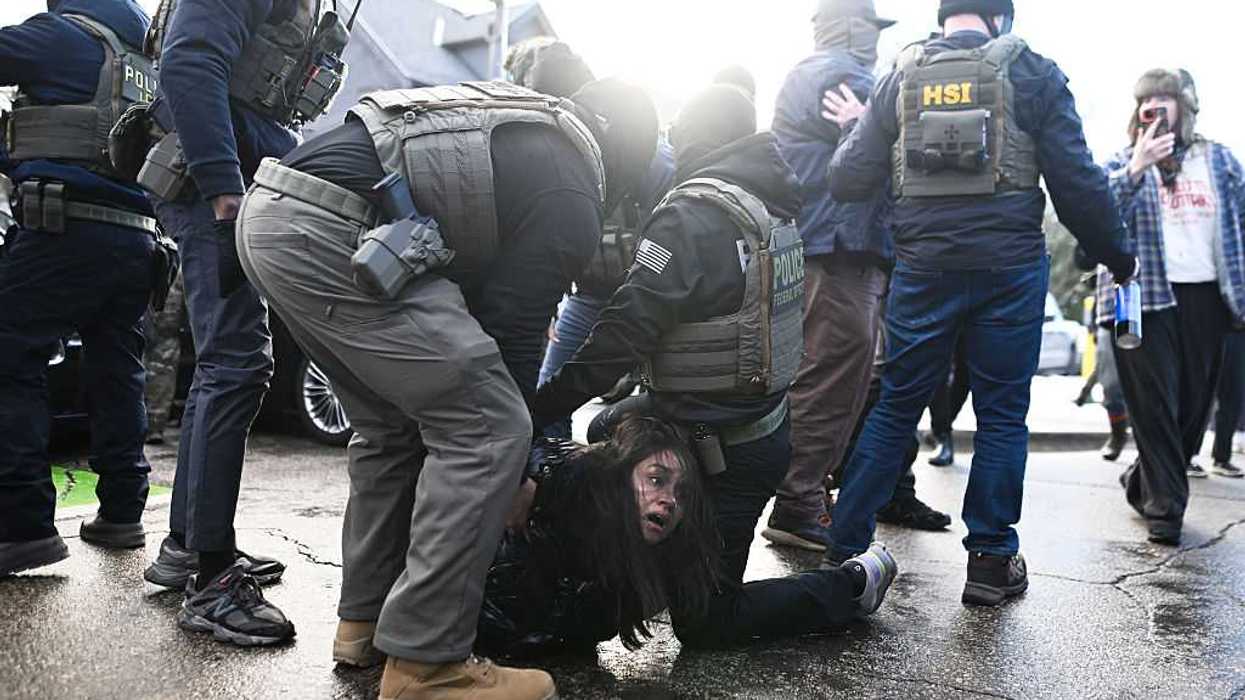Dear Joe,
My gym has a mask mandate. I've noticed recently more and more people there wearing their masks below their chins, covering neither their nose nor their mouth. A week ago, I kindly asked the woman next to me to please put her mask back on and received an agitated excuse from her that she was already observing six feet of space. The gym’s rule is clear: Everyone must wear a mask at all times.
Over the past week, I encountered this same woman several times there. Apparently, our schedules match. I engaged her each time with the same request. She simply repeated the same response, each time with increased agitation. Today, I tried again and she shut down, turning her back to me, and returning to her workout. I was left both miffed at her rudeness and concerned for my well-being. I tried to make my request non-threatening. How can one ask a stranger to be considerate and have that request taken seriously? Is it reasonable to expect others to show consideration?
Masked and Miffed
Hey, Miffed.
I can see how challenging this situation is! A reasonable request can often result in an agitated response in spite of best intentions! How another individual chooses to respond — even if, as you say, you believed yourself to be engaging in a non-threatening manner — can be a source of frustration. Here are a few thoughts to help you move forward.
Your impulse to take care of yourself is a good one. However, holding others accountable for harmful or disrespectful behavior, while essential, requires strategy and planning. While what you choose to communicate needs to be based on data and facts, how and when you communicate your message usually determines the success or failure of your attempt.
It seems you began this exchange by telling this woman what she should do — put on her mask. Is that your place? Or is it the place of management to do that? How would you respond if a stranger told you what to do? Second, how did she perceive you? What about your demeanor? You say you asked kindly, but, since this has been going on for a while at the gym, were you agitated? Maybe she picked up on that? Also, it’s not clear to me what your gender/age/ethnicity/race is, but these factors always influence our interactions and may have played a part in how this encounter unfolded. For instance, for a male to tell a female stranger what to do might be poorly received.
You describe her as inconsiderate. She may have thought she was being considerate by giving you her choice of facts (six-foot distance). Yet you rejected her response and approached her two more times. She may have believed her actions were justified, and perhaps perceived you as inconsiderate.
I’m not implying that you did something wrong! I am suggesting different points of view to shed light on why you didn’t reach your desired outcome. This isn’t about right or wrong, but about being effective.
When you say that others haven’t been wearing their mask properly, might this be a matter for management? What if you went to management and shared your frustration? Management has leverage that you do not. Your issue may actually have little to do with her. When you clarify with management that you are no longer feeling safe in their place of business and it is their responsibility to hold other members accountable, that approach may shift the circumstances. Management should rightly be concerned with member safety.
Though it’s not your place to tell her what to do, you can let her know how her actions and choices are impacting you. By doing that, you appeal to her highest values. You give her the respect and dignity to come to her own conclusions. If she responds well, great. If not, then you can say you did your best to solve it between the two of you, and, based on her reaction, it’s now time for management to be called in.
We often can’t control outcomes when we choose to address sensitive issues with others; however, you have power to determine your own choices by standing in your truth and engaging others with strategy, courage and an open heart.
Keep the faith,
Joe
Ask Joe" is dedicated to exploring the best ways to transform tensions and bridge divides. Our resident advice columnist and conflict resolution specialist, Joe Weston, is here to answer your questions in order to resolve tension, polarization, or conflict.
Learn more about Joe Weston and his work here. Make sure to c heck out Joe’s bestselling book Fierce Civility: Transforming our Global Culture from Polarization to Lasting Peace, published March 2023.
To Ask Joe, please submit questions to: AskJoe@Fulcrum.us.




















